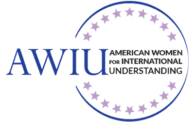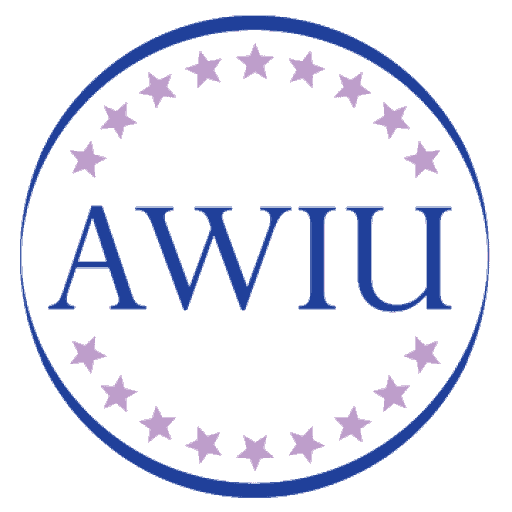AWIU Grant Report From Shuru Calcutta, A Sister Organization Of Hope In Life Foundation and Flight To Harmony Foundation Purpose of project: Empowerment of women and children inside correctional homes via art therapy because everyone deserves a second chance! Typically all day Art Workshops not only enable inmates to release […]
AWIU Provides Grant To Hope In Life Foundation Read More »












